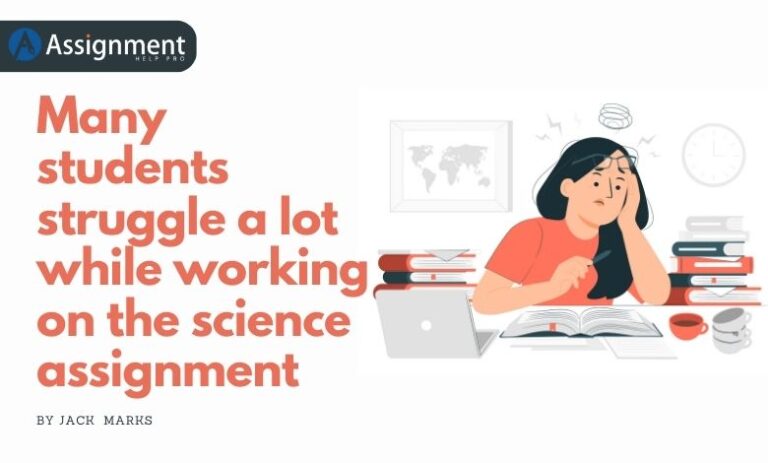UK’s Private Schools Grappling with the Dilemma of Unpaid School Fees
In the tumultuous economic climate, private schools across the United Kingdom are facing mounting financial pressures as they struggle to recover substantial amounts of unpaid school fees. The financial viability and sustainability of these institutions hang in the balance, prompting a drive towards concerted efforts to address the dilemma.
Impact of Unpaid School Fees
The accumulation of unpaid school fees has led to a decreased revenue stream for many private schools, causing financial strain that threatens their ability to maintain high standards of education. The situation has forced schools to re-evaluate their budgets, with many finding limited resources for essential educational programs and the upkeep of facilities crucial to students’ overall learning experience.
Reasons for Unpaid School Fees
A significant contributing factor to this predicament is the economic downturn coupled with job losses, which has left numerous families grappling with financial hardships. These unforeseen challenges have hindered parents’ capacity to meet the obligation of school fee payments, creating a cascading effect that impacts schools’ operational stability.
Efforts to Recover Unpaid Fees
In response, private schools are taking various measures to recover unpaid fees. “Effective communication and negotiation with parents are vital first steps,” says a debt recovery specialist from Frontline Collections. The specialist affirms, “It’s about finding a balance between ensuring schools can function while also being sensitive to the economic realities facing many families.”
Many institutions are offering more flexible payment plans in an attempt to accommodate familial financial constraints. However, when amicable solutions fail, some schools are resorting to legal actions as a last resort to reclaim owed funds.
Challenges Faced by Schools
The greater challenge lies in balancing the imperative of revenue collection with the compassion for families who are struggling. Private schools are tirelessly working to maintain the quality of education, resources, and their commitment to supporting students, despite the financial difficulties.
Importance of Financial Sustainability
The financial sustainability of private schools is not merely an institutional concern but a societal one. It underpins the long-term viability of schools that many depend on to provide quality education. “A collaborative approach from all stakeholders in the education system, including school management, parents, and policy makers, is essential to steer through these trying times,” highlights Chris Spencer from Frontline Collections.
As private schools navigate through the stormy seas of unpaid fees, the overarching need for support, understanding, and innovative solutions is clear. Only through joint efforts can these educational pillars secure their future, ensuring that quality education endures for coming generations.
With clearer skies on the horizon, it is the adaptability and resilience of both families and schools that will herald a new chapter, where financial stability is restored, and educational excellence prevails.
Independent Schools turning to Private Debt Collection Experts
To mitigate the financial risks associated with unpaid school fees, private schools are regularly advised to consider the services of a leading School fees Debt Collection expert like Frontline Collections.
Specialists in the education sector offer an exemplary School Fees Debt Collection service that is both effective and sensitive to the delicate nature of the issue. With their expertise, schools can navigate the complexities of debt recovery while upholding their reputation and the relationships with affected families.
Frontline Collections’ proven track record in resolving such financial challenges can be the key to ensuring that schools remain solvent and capable of delivering the high-quality education they are known for.
Conclusion
The predicament of unpaid school fees is one that poses a significant challenge to private schools and the education system as a whole. The need for collaborative solutions, flexibility, and empathy in addressing this dilemma cannot be overstated. With careful consideration and innovative approaches, it is possible to find a balance between financial stability and compassion towards families during these trying times.
Private schools remain integral to our education system and will continue to shape the minds and futures of generations to come. So, it is imperative that we work together towards finding sustainable solutions for the mutual benefit of all stakeholders involved.
Additional Content: The Role of Government in Supporting Private Schools
In addition to the efforts made by private schools themselves, government support plays a vital role in addressing the issue of unpaid school fees. As private schools operate independently and rely on tuition fees for funding, they often do not receive the same level of financial aid as public schools.
However, in times of economic crisis, governments have a responsibility to provide assistance to all educational institutions, including private schools. This could include financial relief or subsidies to help cover operational costs and mitigate the impact of unpaid fees.
Moreover, governments can also work with private schools to implement policies and strategies that promote financial sustainability and support families in times of financial hardship. This could include initiatives such as tax breaks for families struggling to pay school fees or partnerships with private debt collection agencies to streamline the debt recovery process.
By working together, private schools and government authorities can ensure the long-term viability of quality education, even in the face of financial challenges. Private schools play a crucial role in providing diversity and choice in our education system, and it is essential to support them through difficult times to maintain their contribution to society







